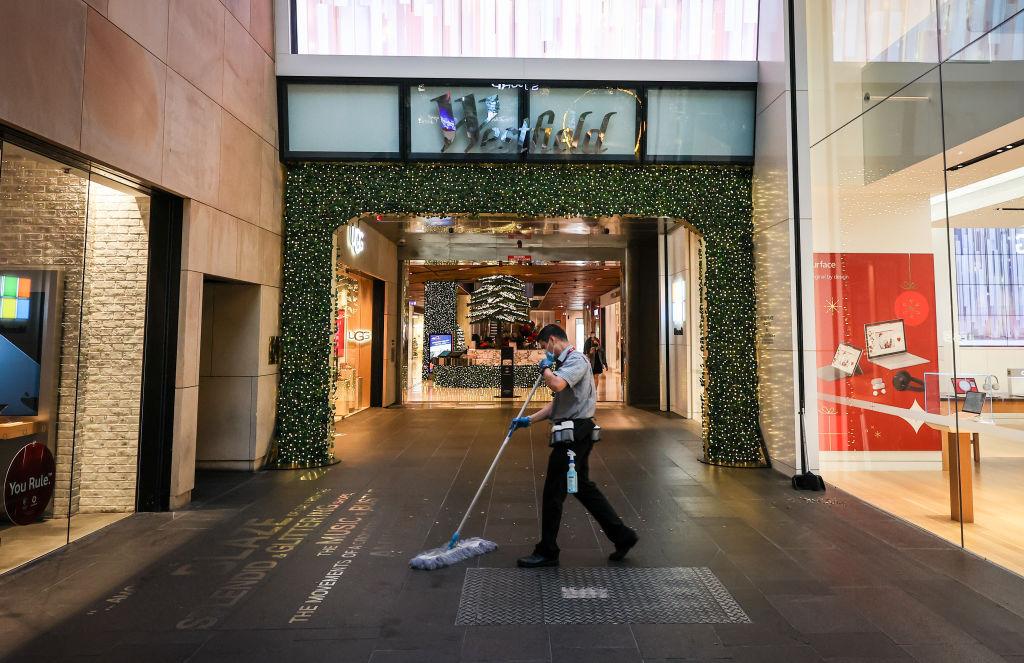Over one-quarter of Australian businesses are struggling to find suitable staff to fill job voids, the Australian Bureau of Statistics (ABS) revealed in its June Insights into business conditions and sentiments.
ABS Head of Industry Statistics John Shepherd said 74 percent of businesses cited lack of applicants as a reason why they struggled to find staff, followed by job skill mismatch (66 percent) and international border closures (32 percent).





